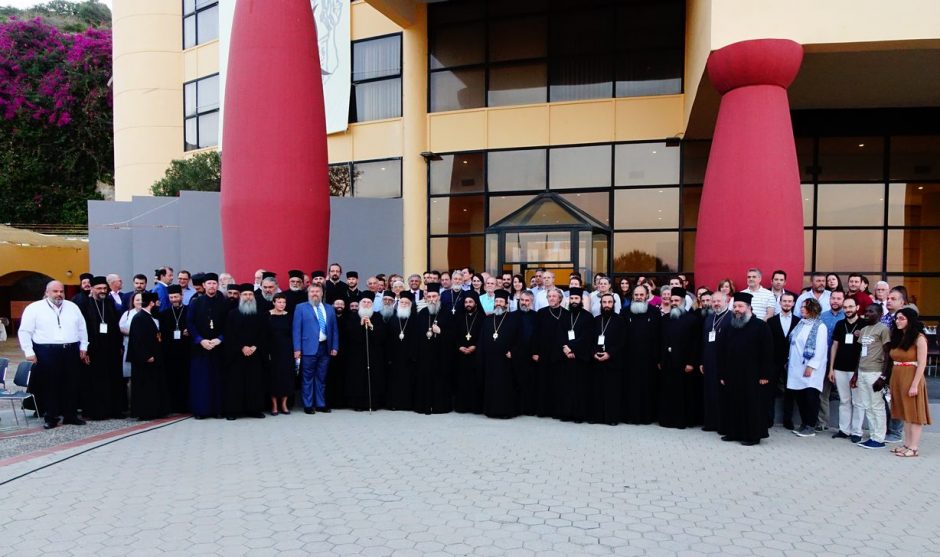
Opublikowane przez orthodox.pl w Aktualności, Aktualności Diecezji Warszawsko-Bielskiej 21 czerwca br. zakończyła się II Międzynarodowa Konferencja Mediów Cyfrowych i Prawosławnego Duszpasterstwa „Woda...

Opublikowane przez orthodox.pl w Aktualności, Aktualności Diecezji Warszawsko-Bielskiej 21 czerwca br. zakończyła się II Międzynarodowa Konferencja Mediów Cyfrowych i Prawosławnego Duszpasterstwa „Woda...
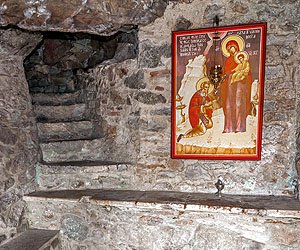
The Church cures our deformation through its teaching, through the Gospel message, through asceticism, through its holy sacraments and through the pastoral care of its bishops.

Here’s a mystery: in His omnipotence and His omniscience, He knows everything, including what’s going to happen in the future, but He’s not the cause of any evil. God has precognition, but doesn’t preordain.
The above prohibitions should not be confused with instances where certain saintly women disguised themselves in order to enter men’s monasteries. What distinguishes these women from the followers of Efstathios is the reason behind their actions. Their motive was not to denigrate their sex nor to condemn procreation, as was the case with the repressive supporters of Efstathios, who were opposed by the Synod of Gangra. It was rather the social conditions of the time that compelled them to act as they did. These women entered men’s monasteries either because their families wanted to marry them off against their will (Saint Efrosyni, Saint Apollinaria); because they were being pressured into forming a relationship (Justinian and Saint Anastasia the Patrician); or ...
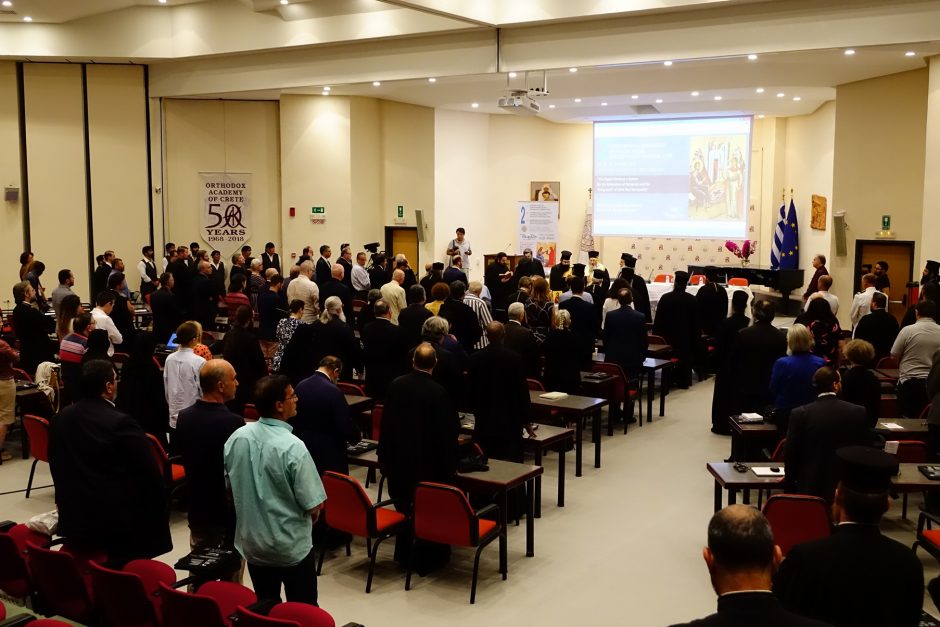
Opublikowane przez orthodox.pl w Aktualności, Aktualności Diecezji Warszawsko-Bielskiej 18 czerwca br. w Prawosławnej Akademii Krety w Grecji rozpoczęła się II Międzynarodowa Konferencja...
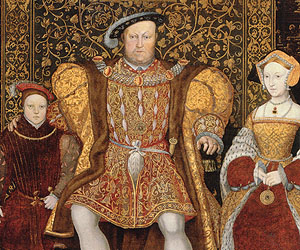
People divorce because of their sensuality and their egotism. Nothing else. All the other reasons are invented afterwards to justify what they’ve done.
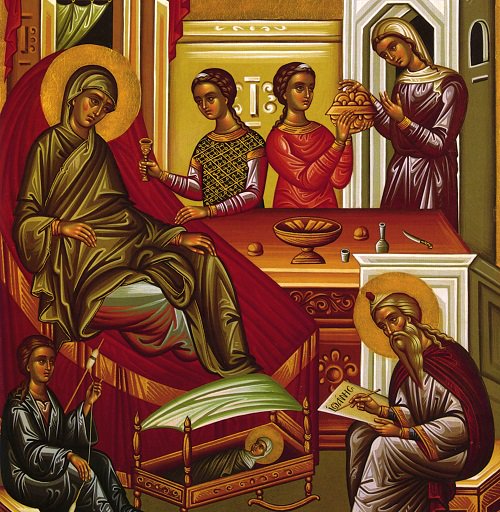
Apart from the Nativity of Christ, our Church celebrates the birthday of only two other people: Our Most Holy Lady, the Mother of God and the Honourable Forerunner, Saint John the Baptist. And it’s natural that the birthday of the latter should be honoured, since the Lord Himself praised him as being the greatest among those born of women. The fruit of prayer It has rightly been said that the upbringing of a child begins long before it’s born. If the apple’s going to fall close to the tree, the apple-tree itself needs a great deal of care and proper growth. Both the parents who gave us Saint John the Forerunner were righteous and blameless before the Lord and observed all His ...
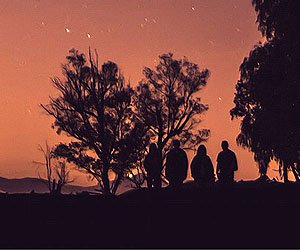
Nobody’s infallible, especially when they’re still imperfect and full of badness. There are lots of things they don’t know, and they’re not very good at others. They lack experience and are fighting an unequal struggle, as well.

The path of life is all pain and tears; all thorns and nails; crosses everywhere; anxiety and sorrow. Every step is a Gethsemane. Every slope’s a Golgotha. Every second’s a spear-thrust. ‘If we could squeeze the earth like a sponge, it would drip blood and tears’. ‘The days of man are but as grass, as the flower of the field he shall wither’, says the psalmist. The rose produces thorns and thorns the rose. What is beautiful is linked to pain, but pain produces joy. It’s normal for a rainbow to appear after a storm. Unless there’s a storm, the stars don’t all come out. Discernment- illumined by Christian faith and philosophy- sees. It has the ability, through sight, to see far beyond ...
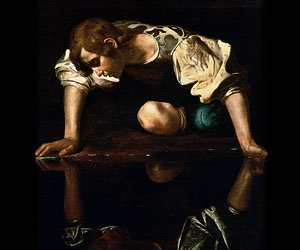
Egotism is an absurd passion which is literally a scourge of humankind. We all suffer from this dread disease. Self-centred people are made ridiculous and a spectacle by their egotism. God calls upon us to fight this egotism and overcome it, to cast it off.
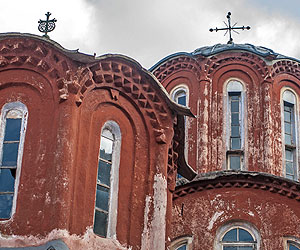
In the previous section, we said that the Church is a Hospital, a healing center. It heals man’s sick personality. If the darkening of the nous is the real illness, then cure consists of the illumination and livening of the nous. The subject of Orthodox psychotherapy should be viewed in this perspective. It is not concerned with psychological balance, but rather with the illumination of the nous and man’s union with God. There is a very telling Church hymn in which we ask God to resurrect the mortified nous as He resurrected Lazarus. We chant: Let us, O faithful, imitate Martha and Mary and send to Lord godly acts as ambassadors so that He comes to raise our nous, now lying dead ...
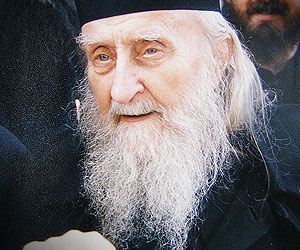
Don’t be dictatorial in the way you speak, though this doesn’t mean that you should deny true values. Just be aware of your own limitations.

Stress is caused by the eradication of the religious sense. Unless you have love for Christ, unless you concern yourself with holy matters, you’re bound to be full of melancholy and badness.
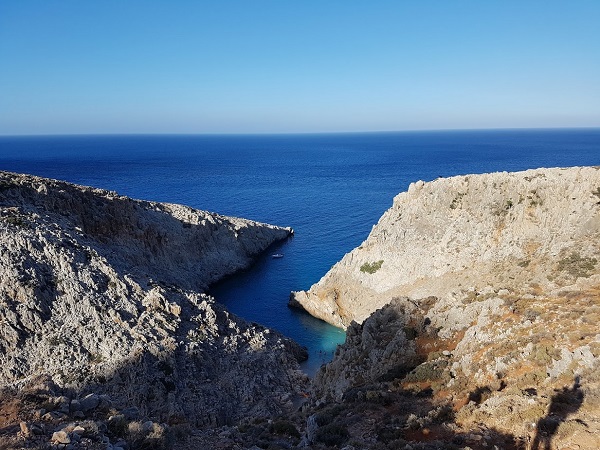
‘Blessed are those who know you even if they know nothing else; those who know you and everything else, however, aren’t blessed for that reason, but simply because they know you’. Oh, the bliss of Paradise! Where the blessed will be similar and equal to the angels and not ‘a little less than them’. They’ll be ‘children of God’ as the Lord said: ‘They will be equal to the angels and children of God, truly sons of the resurrection’ (Luke 20, 36). And as Saint Augustine says: ‘When we see your face without a covering, then what shall prevent us from being a little less than the angels? Or rather, we shall be similar and in all things equal to the ...
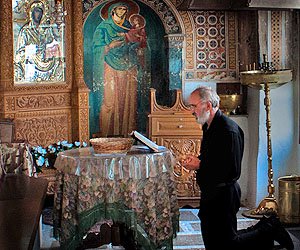
To live truly, we have to live in the way God ordained when He made us. Unless we do, we aren’t living at all.
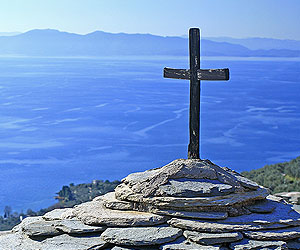
The neptic teaching of the Church that refers to the inner world is strongly related to the social teaching. It might be supposed that the ascetic life of the Church has no contact with reality. In fact, the opposite is true. Only by making this analysis of the Fall are we able to solve the problems emerging in our life. We saw some of the consequences before. Now we will turn to the dramatic consequences of man’s departure from God that show that Orthodox theology is a most radical and modern action. The loss of the divine Grace, which constitutes the true illness of man, brought about both spiritual and bodily death. Spiritual death is man’s departure from God, and bodily ...

We live as though we don’t feel the magnificence of divine providence. God’s very adroit. We can’t understand His actions. Don’t think that God’s done something wrong and then corrected it: God doesn’t make mistakes. He doesn’t correct anything. But Who God is in His profundity, in His essence, we don’t know. We can’t probe the counsels of God.
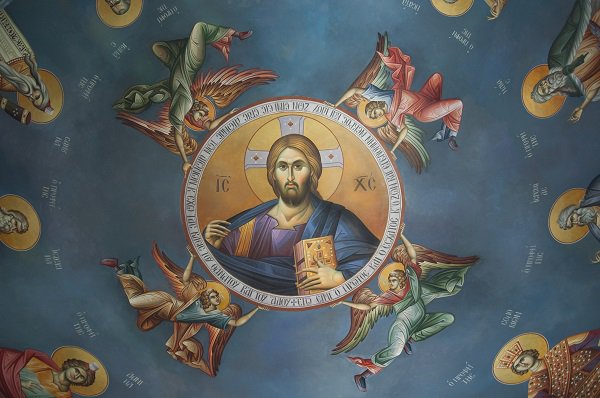
The third Sunday of Matthew, and the Gospel reading, attempts, perhaps more than at any other time, to get us to move us to make a change, to put to right inclinations which are foreign and alien to us. In the text, the Evangelist castigates the perpetual, disordered attitude among many people- then among pagans and idolaters, now among those influenced by our Western life-style- who, rather than having Christ and the opportunity of an encounter with Him as their priority, instead have any trivial, banal thing that’s given value by our sick adherence to what’s become our culture. The Gospel way of life which was presented two thousand years ago, followed as it has been by many believers, with the ...
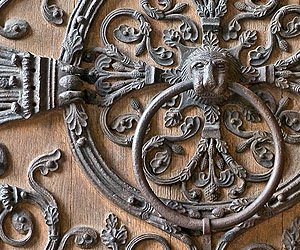
Christ comes lots of times and knocks at your door. You ask Him into the sitting-room of your soul and then get involved with other tasks and forget all about the great Visitor. He waits for you to appear and when a long time’s passed He gets up and leaves. Next time, you’re so busy, you answer Him from the window. You haven’t got time even to open the door to Him.
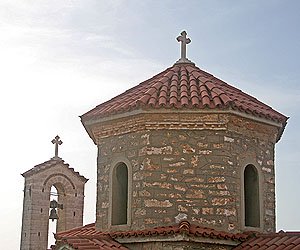
When speaking about the illness of the soul, we primarily mean the loss of Divine Grace, which has repercussions to the body also, and then the whole person is sick. There might be an absence of bodily illness, but without the Grace of God there is no health. To best comprehend the Fall of man, it is necessary to start with what the Holy Fathers say, that the soul is noetic and intelligent, that is, the soul contains both nous and reason and these move in parallel. The nous is distinguished from reason in that the nous is the eye of the soul, the focus of attention, while reason is verbal and articulate and formulates thoughts through the brain. Thus, if ...